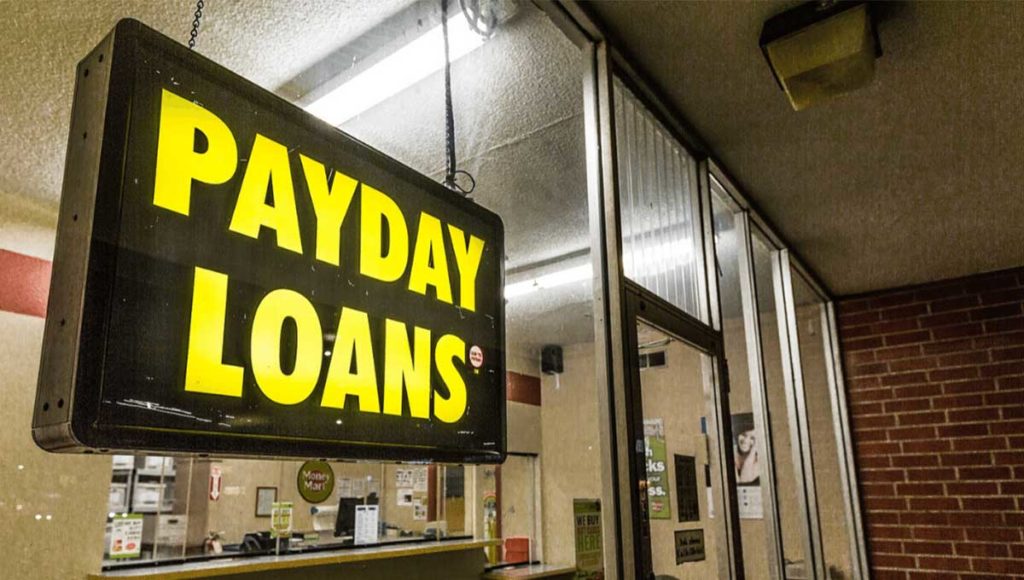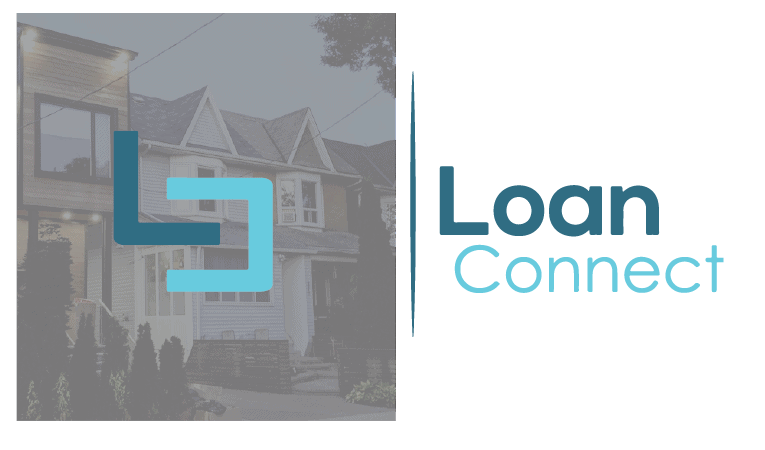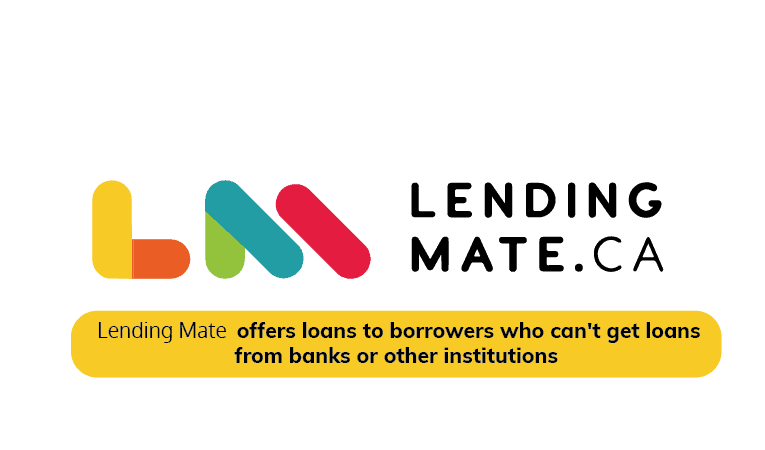The average APR for a payday loan is 396%. And if that isn’t already alarming enough, the outlook for those who take out payday loans only gets bleaker from there.
The cost of taking out a payday loan of $300 for 14 days is $63. In comparison, a credit card cash advance of the same amount would cost borrowers only $7.42. The multi-billion-dollar payday loan industry preys on those who need quick cash and traps them in a cycle of taking out new loans to pay back old loans.
This article will unpack everything you need to know about payday loans: what they are, how they work, why you should avoid them, and alternatives to payday loans for when you need some quick cash.
Disclaimer:
All, or some of the products featured on this page are from our affiliated partners who may compensate us for actions and or sales completed as a result of the user navigating the links or images within the content. How we present the information may be influenced by that, but it in no way impacts the quality and accuracy of the research we have conducted at the time we published the article. Users may choose to visit the actual company website for more information.
What Is A Payday Loan?
Payday loans are short-term loans for small amounts of cash. They get their name from the timeframe in which they are paid back. Typically, payday loans are cash money loans to hold borrowers over until they receive their next paycheck.
You can secure a payday loan by providing your address, proof of income, and bank account information. Payday loans bypass the traditional credit check required for more traditional loans, making them a popular option for those with a low credit score.
In lieu of checking your credit score, lenders secure the loan by setting up a pre-authorized repayment from your bank account. You must either give them access to withdraw money from your account or write a postdated cheque for the loan amount plus fees.
Fees for payday loans are typically $10 to $30 for every $100 borrowed, with $15 per $100 being the most common amount. This means that a $300 loan paid back on time would cost you $345.
Why People Get Payday Loans?
Despite the high-interest charges and short repayment period, nearly 2 million Canadians use payday loans each year. Some of these loans are used to cover anything from recurring expenses like utilities, credit card bills, food, rent, and mortgage payments. Other payday loans are used for unexpected expenses, like car repairs or medical bills.
Almost half of Canadians are living paycheque to paycheque and need immediate cash to cover basic living expenses. And 35% feel overwhelmed by their level of debt. When emergencies come up, they may not have money to spare, making payday advances an appealing option.
Additionally, unlike traditional loans, payday loans don’t require a credit check. This makes them available to those who wouldn’t qualify for a traditional loan because of poor or spotty credit.
How Do Payday Loans Really Work?
At first glance, payday loans may not seem like a horrible idea. $15 per $100 is a 15% APR, right? That’s about what you would pay on a credit card.
The problem is that the 15% charge is biweekly (every two weeks), whereas typical APRs are calculated on an annual basis. Should you be unable to pay back the loan when it is due, you will have to pay another 15% fee. And every two weeks, the interest compounds, leading to an average APR of 396% for payday loans.
Plus since payday loans have access to your bank account, you may be hit with other bank fees. When you don’t have enough money in your account and the lender withdraws the funds, you will be charged an overdraft fee of around $34.
And if the lender’s attempt to withdraw money for loan repayment is rejected completely, your bank may charge a fee for insufficient funds. This fee is usually between $27 and $35.
The lender will likely also have a fee from their bank for trying to deposit a bad check, which they will then pass on to you. And if they continue to attempt to withdraw the money, the bank fees will continue to add up.
Why Getting Payday Loans Are A Terrible Idea
Clearly, payday loans cost much more in the long run than meets the eye. Plus, those who take out payday loans to cover emergency expenses are unlikely to be able to repay them since their paycheque will likely go to their regular expenses, and their savings will go towards the interest.
Imagine someone had an unexpected car repair and needed to take out a payday loan for $300. They are charged $15 per $100 borrowed, meaning the fee for the loan is $45.
Unfortunately, when the loan repayment comes around they also have to pay for rent and groceries. They end up needing to postpone repayment for another two weeks. Should they repay the loan in that timeframe, they would have paid $90 for borrowing $300 for four weeks.
And it only gets bleaker from there. Payday loan lenders are notoriously relentless when it comes to collecting loan repayments. They'll often contact friends and family members of the loan recipient to get in touch with them.
As a result, many people who take out a payday loan will end up taking out more loans to pay off the initial one. This can lead to a cycle of debt that spirals out of control, not to mention the embarrassment of having your personal business aired to the important people in your life.
Imagine this same individual took out a small personal loan instead. Their APR would depend on their credit score. All major banks offer loan opportunities and the interest rates are far lower and repayment plans are far more flexible. Let's take a look at Scotiabank for example.
Scotia Plan® Loan
Scotiabank offers two types of loans and both are designed to assist you with everything from consolidating debt to making large purchases. They offer both variable and fixed loans.
Fixed Scotia Plan® Loan
This loan is great for those who want to lock in interest rates, are interested in saving money while consolidating interest rates which are higher, and for those who seek to borrow a specific amount of funds with structured payments. The repayments are over a set time period. Who this loan may not be suitable for is for those who need payment options that are more flexible, want more variable interest rates, and want payment methods on daily purchases that come with interest-free grace periods on every purchases.
Variable Scotia Plan® Loan
This loan is great for those who want to borrow a specific amount of money with a variable interest rate and have the ability to pay down the debt within a certain time frame. Also, it's great for those who want to consolidate higher interest balances while saving money. Who this loan may not be suitable for are for those who need more flexible payment options and who do not want to take the risk that interest rates may increase over the term of your loan.
Not only are there far more options when dealing with a large bank like Scotia, but as you can see there are far more options. The points listed above are just a few of the many benefits Scotia Loans offers.
Best Payday Loans Alternatives for Canadians
The attractive part of payday loans is that they are easy to get, even for those with bad credit. Luckily, there are many other options available to individuals who need some quick cash. Below we will outline some of the best alternatives we’ve found to payday loans:
Budgeting
The best way to avoid payday loans is to have an overall healthier financial situation. Of course, this isn't always possible right away, but to avoid payday loans in the future consider tightening up your budget.
Cut out unnecessary expenses, and set money aside in an emergency fund. This way, when the unexpected occurs you will be prepared and won't have to resort to payday loans.
Emergency Fund
Having an emergency fund is far more beneficial then taking out a payday loan. The diligence of saving can come in extremely handy for things like vehicle break downs, illness or lay-offs. Taking time to save 3-6 months of your salary is far better then having to pay hefty interest rates to a payday loan provider. Paying back those fees get you stuck in a cycle where saving becomes even more difficult.
Close Friend or Family Loans
Asking someone you trust to help cover a bill or spot you a month’s rent won’t hurt your credit score, but it may do a number on your pride. You and your lender can draw up terms that define when the loan will be repaid and whether you’ll pay it back in installments or all at once.
While it may leave a dent in your pride, asking family or a close friend for a loan won't leave you in a perpetual state of paying interest back. You can still approach it the same way you would any other loan, with a drawn up contract stating when you will pay it back and how much interest if any, will be added.
Just keep in mind that borrowing money from friends or family can ruin relationships if a payback is not honoured. Make sure you are both on the same page in terms of being comfortable with the terms.
Side Hustle
Instead of taking on extra debt, perhaps you could use a side-gig to make extra money? Here are some side hustle ideas to consider.
Non-Profit Organizations and Charities
There are many places that offer assistance like food, gas, groceries and other sudden emergencies. Some of them are food banks, charity clothing drives and even a resource for bus tickets if you have a medical appointment or job interview. One thing to remember however, is that these place usually require proof that you need the assistance so be sure to take all of your documents with you.
Credit Union Loans
If you are a member of a credit union, you have an option at your disposal.
A credit union will run your credit score for a loan application, but they take it one step further and actually look at your relationship with the credit union over time to determine the amount you will be approved for. Interest rates are typically around 28% for a loan of $1,000-$2,000.
Keep in mind that Credit Unions, like most online lenders, report late and on-time payments to credit bureaus, which will affect your credit score.
Traditional Bank Loans
Typically people only consider bank loans for large purchases, such as a mortgage. But you can actually get a personal loan for short-term cash from a bank or credit union. You can use personal loans for any reason, and most of them don’t require collateral.
To qualify for a personal loan, lenders will look at your credit score, payment history, and income to determine whether you are eligible.
There are some personal loans available for those with poor credit. And even with a low credit score, the average APR for a personal loan ranges from 6% to 36%, which is much better than the 400% APR on payday loans.
LoanConnect
LoanConnect is a great resource for those looking for some quick cash. It is essentially a search engine for personal loans and can help you compare multiple loan options to find the one that is best for you.
Using the LoanConnect platform, you can find a loan between $500 and $50,000 that fits your needs. Interest rates start at 4.6%, making these small loans a much better option than payday loans.
LendingMate
LendingMate is another great alternative to payday loans. The online lender allows you to borrow up to $10,000. The repayment period is much longer than that of a payday loan, typically between 12 and 60 months.
Plus, LendingMate offers loans to those with bad credit, and the maximum APR is 43%. And once approved, you can get the loan within 24 hours.
Pawn Loans
Pawn loans not only come with high interest rates and fees, but you could potentially lose something of great value if you aren't able to pay it back. The most common items people use as collateral for a pawn loan are diamond rings, high value electronics, tools, instruments and high-end designer handbags. Pawn loans are not a long-term solution though and if you have done these more then once, it's time to re-assess your situation.
Credit Card Advancements
If you have a credit card, you can also take a cash advance out. Instead of paying for goods and services, you can “buy” cash with your credit card.
Most credit cards cap the cash advance at a few hundred dollars. Your credit card issuer will charge a fee for taking out cash. Some have a flat fee of $5 or $10, while others charge a percentage of what you take out.
You may also have to pay ATM or bank fees, and the interest rate will likely be higher than your typical credit card rate. However, they are still better than predatory payday loans, and in a pinch, a cash advancement can be a lifesaver.
Payday Loan FAQs
Here are more frequently asked questions about payday loans:
Payday loan companies target those who don't have the greatest credit scores or sufficient savings. Unfortunately, these are also the people who can't typically afford them. They simply want you to get stuck in a cycle of having to take them out over and over, which in turn brings them even more money in interest fees. They are simple to get, because the sellers don't pay mind to credit ratings.
Most payday loan companies will allow you to defer a payment or two. The problem with that is the added interest which comes along with it. Late payments usually come with a fee. And if you do not pay your loan back within a certain time frame, then your account will be handed to a collections agency. Collection agencies can be extremely aggressive and won't stop calling you for years for their money - even if you are at work.
It's not easy. The first thing is to ensure that you are not requesting any more loans from that company.
Inquire if the lender will allow you to make a payment plan. Otherwise, getting a personal loan or lower-interest debt, hopefully with a fixed interest rate, may help to pay off your payday loan. Taking on personal loan is incurring another debt, but it will definitely come at a much lower interest rate then any of these payday loan companies.
Also, there is always the option to take on a second job, work more hours or start a side hustle to help inch your way out of a payday loan.
The first way to really avoid getting a loan is to ask yourself if you really need it in the first place. Are there credit cards available? Can your utility bills be arranged for a later date? Is it possible to borrow from a friend or the bank instead. Exhaust all of your other options before filling out a payday loan application.
Don't Fall for Payday Loans
Payday loans are always a bad idea. Between their 400% APR and short repayment period, they can trap you in a cycle of debt that quickly spirals out of control.
Luckily, there are alternatives for when you need some quick cash to get by. If you are looking for money loans to pay for the unexpected, there are other options that are much less predatory. Use our personal loan comparison guide to compare your Canadian loan options and avoid payday loans.




